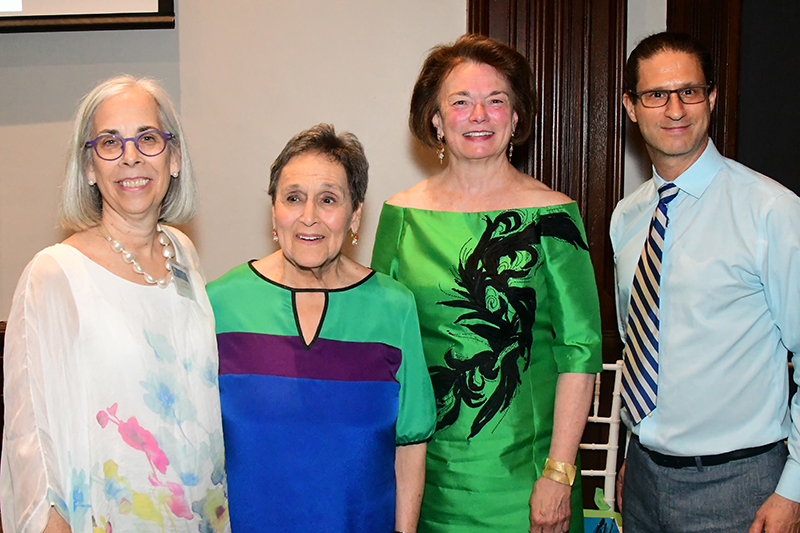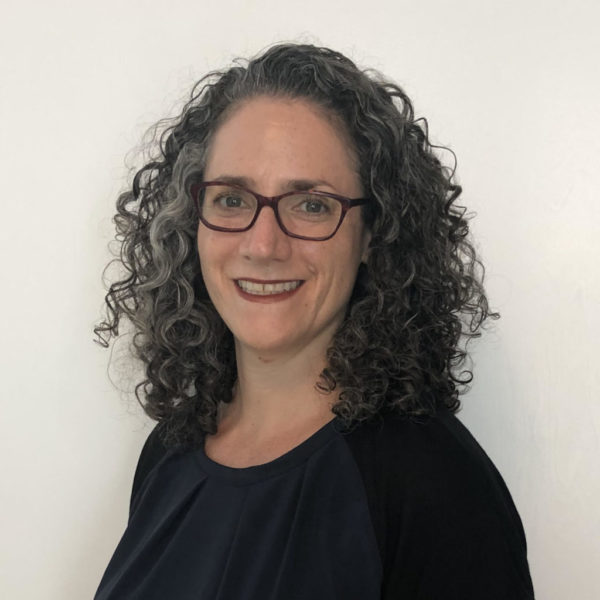Returning Not Only to Normal, but to Better at Heights and Hills


Photo courtesy of Heights and Hills
This summer feels like a reawakening for so many of us. After more than a year spent almost entirely at home, we are now able to return to restaurants, stores and gyms. Seeing smiles on strangers while walking down the street feels like a revelation. But as we reemerge into our communities, there are things we learned about ourselves and each other that we should strive to maintain.
For Heights and Hills, which supports older adults and their caregivers in Brooklyn, the COVID-19 pandemic caused us to fundamentally change how we do our work. Now in our 50th year, we were formed by a consortium of local clergy, community groups, and activists to address the needs of an aging population in rapidly gentrifying Brooklyn Heights. Many clients lived in long-neglected SROs with no family supports as they aged.
As gentrification spread, we expanded our reach to serve Cobble Hill and Boerum Hill. Over the last five decades, we have expanded to cover half of Brooklyn and we have adapted our services to best meet the needs of the individuals and communities we reach.

Brooklyn Boro
View MoreNew York City’s most populous borough, Brooklyn, is home to nearly 2.6 million residents. If Brooklyn were an independent city it would be the fourth largest city in the United States. While Brooklyn has become the epitome of ‘cool and hip’ in recent years, for those that were born here, raised families here and improved communities over the years, Brooklyn has never been ‘uncool’.